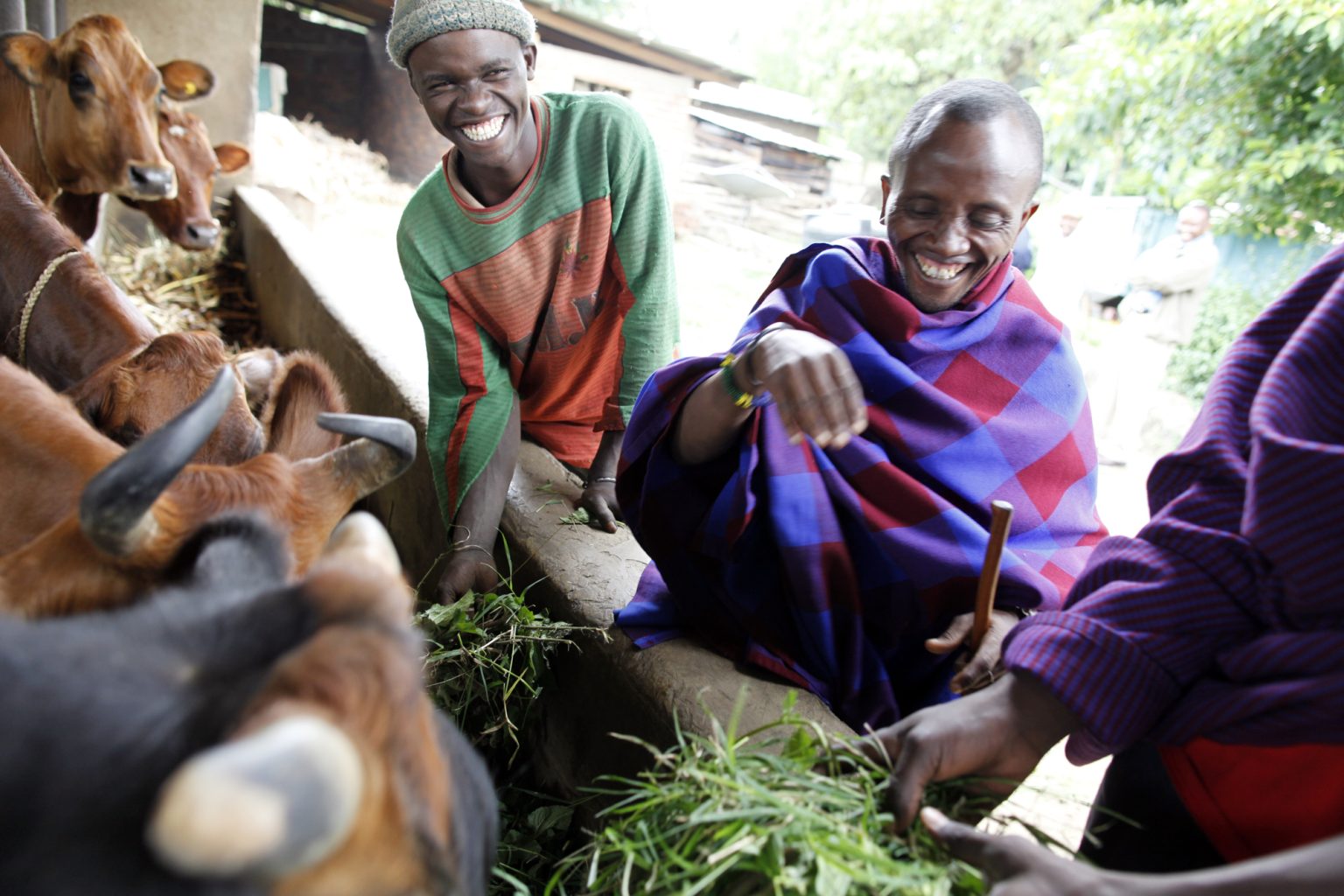- The Global Alliance for Livestock Veterinary Medicines (GALVmed) has launched a new initiative to manage ticks and tick-borne diseases in Africa
- East Coast Fever is the most prevalent and economically bruising tick-borne disease (TBD) in Sub-Saharan Africa
- 98 per cent of cattle in Uganda and 80 per cent of cattle in Nigeria are infested with ticks, threatening the health, productivity and welfare of animals
The epidemiology of ticks and tick-borne diseases is a disaster in Africa for animal and human health.
ScienceDirect reports that in Uganda alone, the annual loss caused by tick-related animal complications amounts to US$1.1 billion, with the East Coast Fever being the most prevalent and economically bruising tick-borne disease (TBD).
The Global Alliance for Livestock Veterinary Medicines (GALVmed) has partnered with Elanco Animal Health, a global leader in animal health, to launch a new initiative to manage ticks and tick-borne diseases in Africa. The Bill and Melinda Gates Foundation supports the initiative.
Read: Namibia: Statistics Reveal Shocking Trend In Livestock Sector
Among the countries to benefit from this initiative in Nigeria and Uganda.
Elanco provides an extensive acaricide portfolio in affordable small pack sizes as well as expertise on tick control to local livestock producers in Sub-Saharan Africa. Moreover, Elanco commits to bringing its comprehensive product portfolio for cattle and poultry to Nigeria, opening a new market for the company.
GALVmed, on the other hand, is looking to leverage its practical knowledge and understanding of the small-scale livestock producer sector to contribute to the initiative’s outcome of increasing uptake of improved products, services and practices by small-scale producers.
The CEO of GALVmed, Carolin Schumacher, said they were excited to work with Elanco. They will enable the easy access and proper use of high-quality acaricides to provide innovative tools that empower small-scale producers to tackle the impact of ticks and prevent tick-borne diseases successfully. “This will help farmers raise healthier animals, grow their farms’ efficiency and output and eventually allows them to make better returns on their investments,” she added.
The new initiative by GALVmed and Elanco will provide local cattle farmers with innovative solutions that help address current acaricide resistance issues.
“At Elanco Animal Health, our relentless commitment to making a positive change in the world is core to our purpose. We are proud to continue delivering an important contribution to African livestock communities, improving animal health and food security for local families,” said Ramiro Cabral, executive vice president and president of Elanco International. “That’s why we are continuing to drive our shared value blueprint and look forward to expanding our impact on small farming operations.”
Elanco has made significant differences in the livestock farming industry. Elanco veterinary products have been distributed to over 240,000 dairy and poultry smallholder farmers, benefiting the health of around 1.1 million cows and 16 million chicken. In 2021, Elanco appeared in the Top 20 of FORTUNE’s Change the World list, recognizing the positive impact of its East Africa business on the livelihoods of the local people.
Livestock farming is among the key pillars that promise to secure farmers’ livelihoods in Sub-Saharan Africa as a source of income and food for growing populations. Livestock diseases are a significant threat to achieving food security globally. In East Africa specifically, 25 per cent of livestock is currently lost due to animal illness.
However, ticks threaten this critical sector; an estimated 98 per cent of cattle in Uganda and 80 per cent of cattle in Nigeria are infested with ticks, threatening the health, productivity and welfare of these animals.
The epidemiology of ticks is decreasing animal productivity and posing a heavy economic burden on livestock keepers.
The application of acaricides is, at the moment, the most viable option to prevent tick infestations because the available treatment options are often unaffordable. The downside of applying treatments is that the misuse of products may lead to resistance or even treatment failures.
Through MAHABA, the partnership brings new means to control tick infestations, preventing loss of livestock productivity and making an essential contribution to sustainable food production in Sub-Saharan Africa.
Read: Coronavirus Africa update: Tanzania shuts livestock markets
